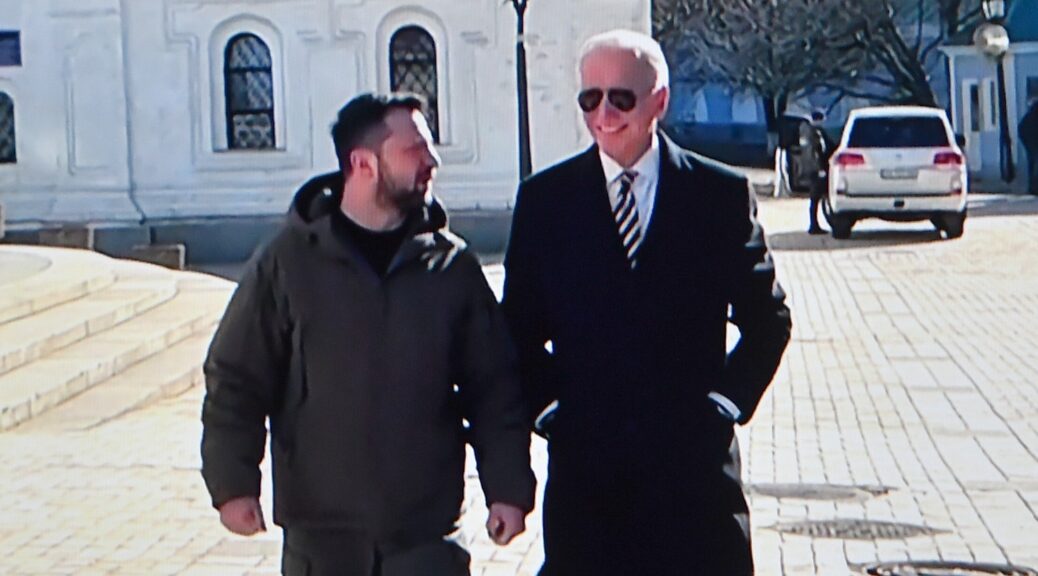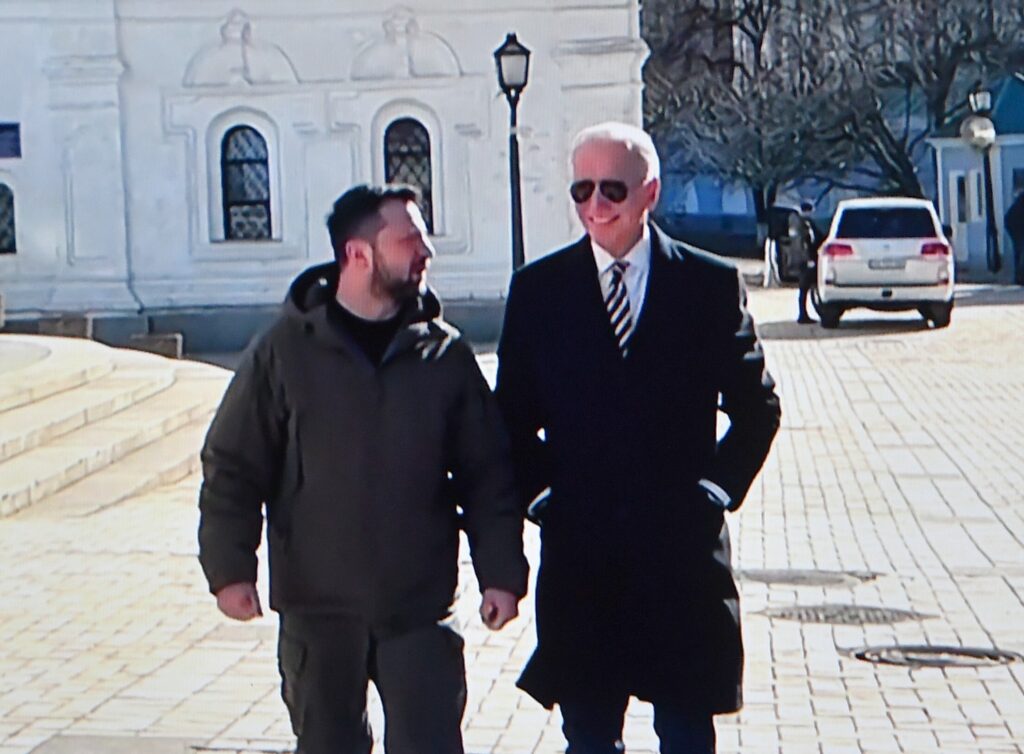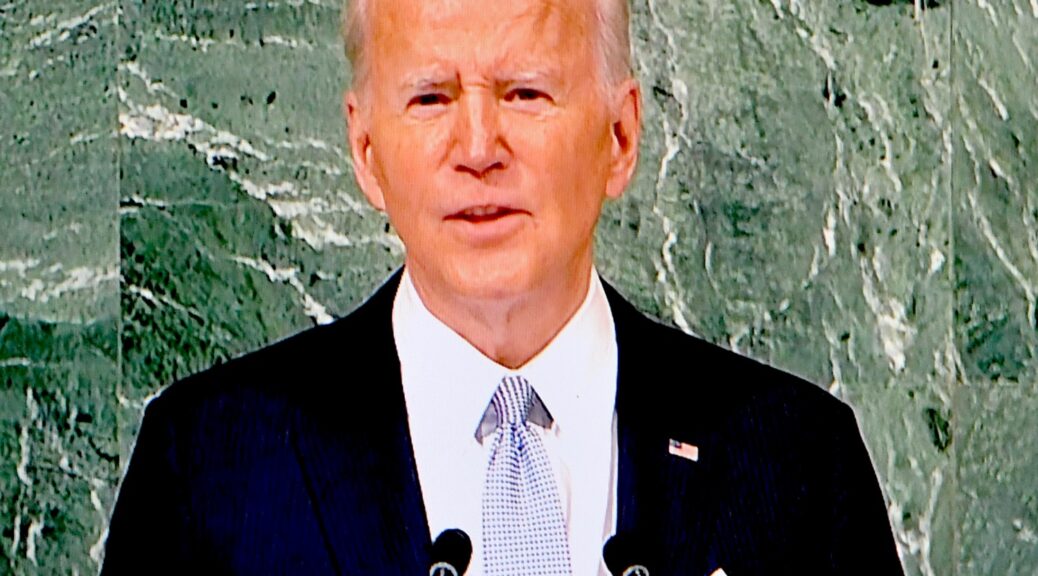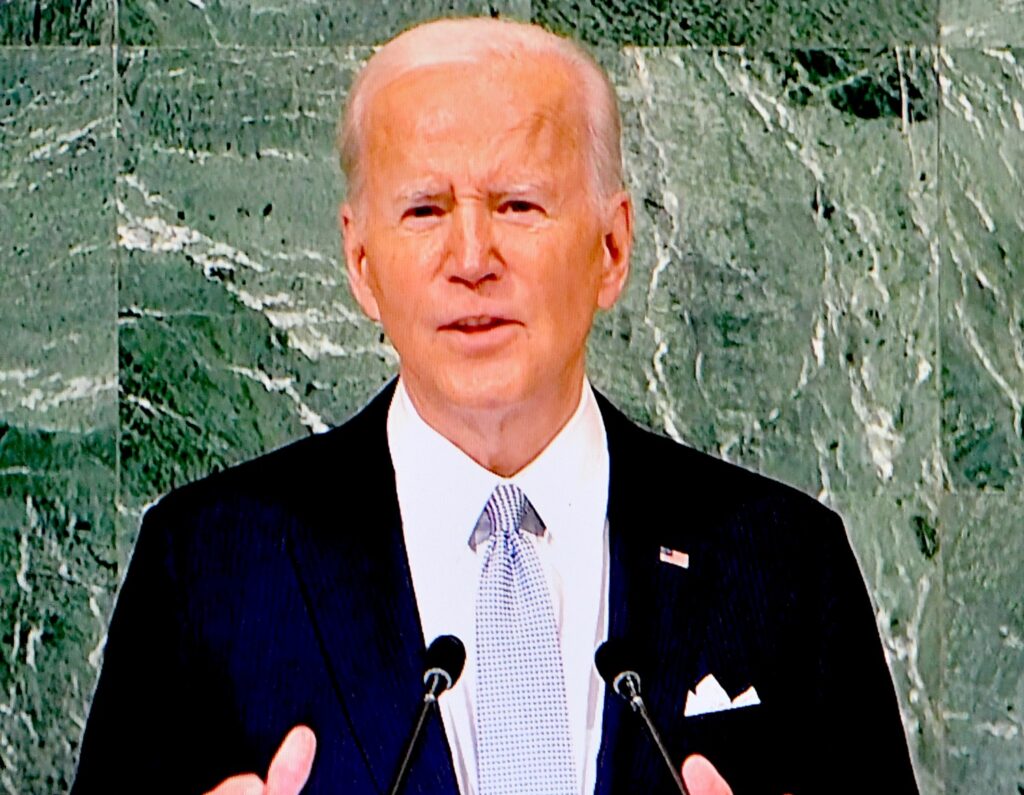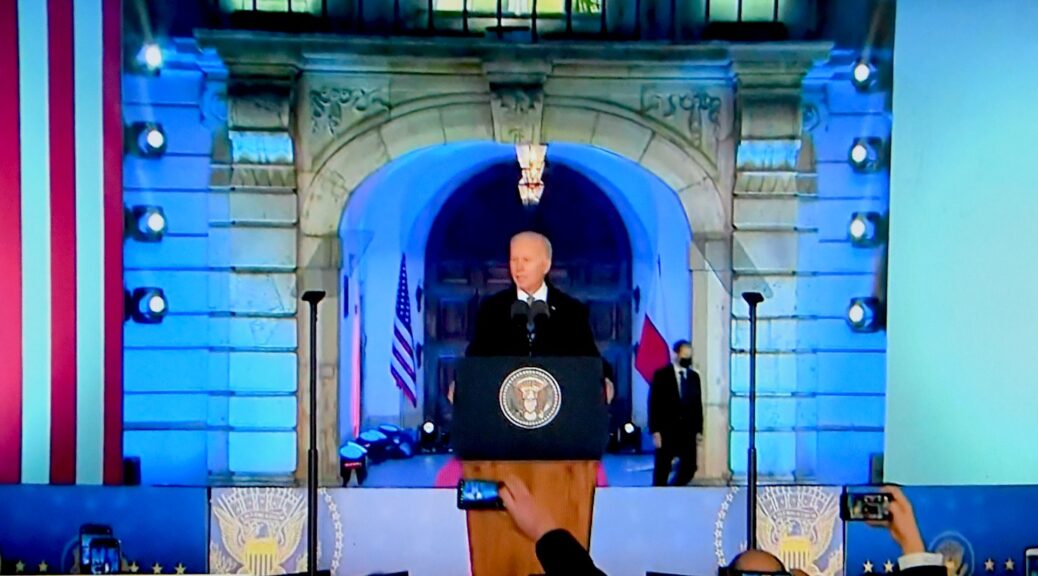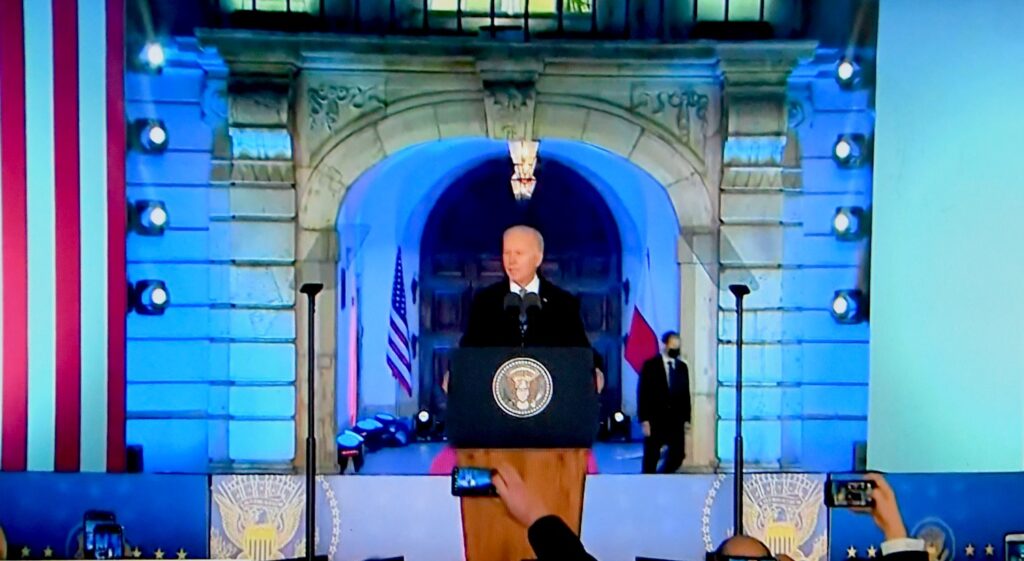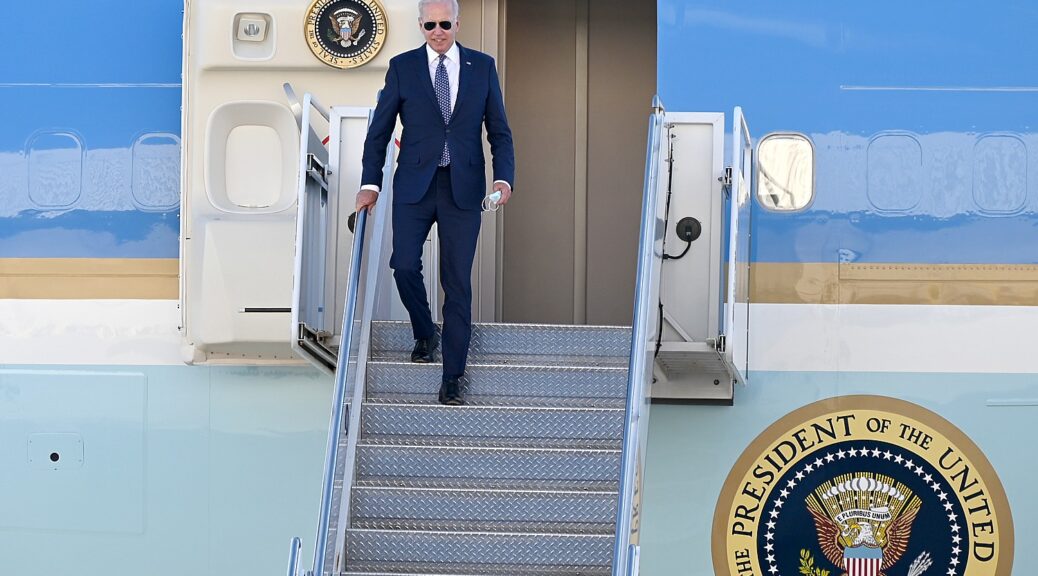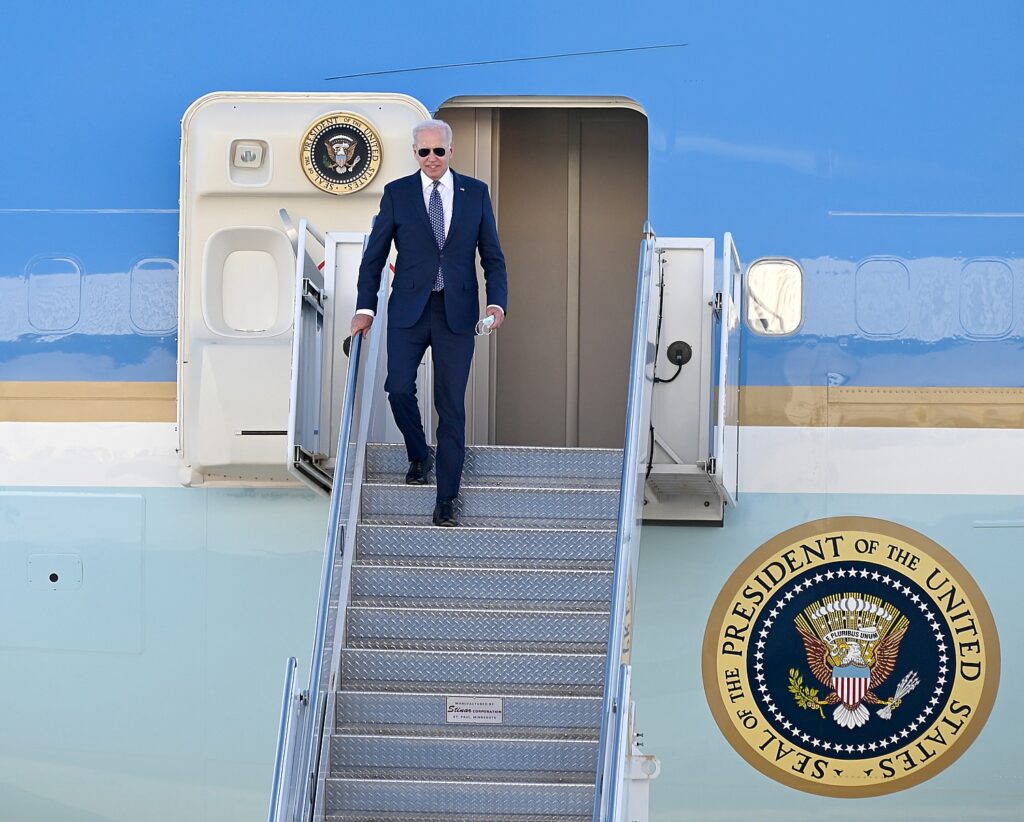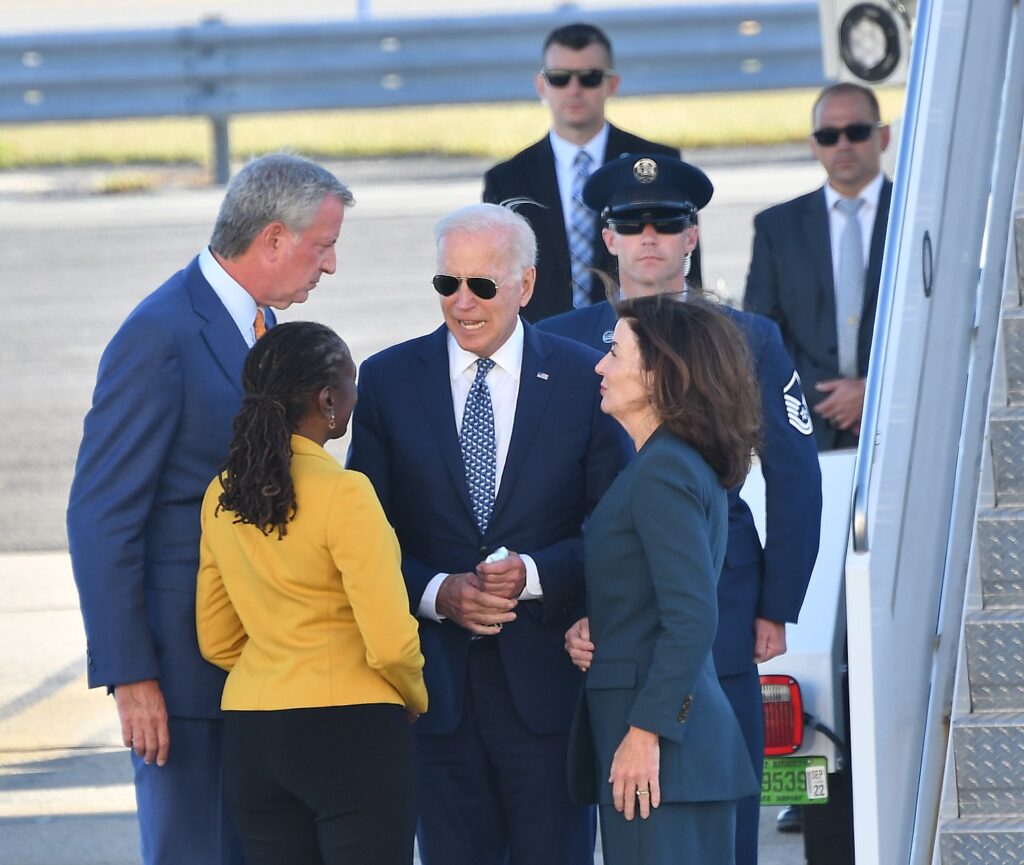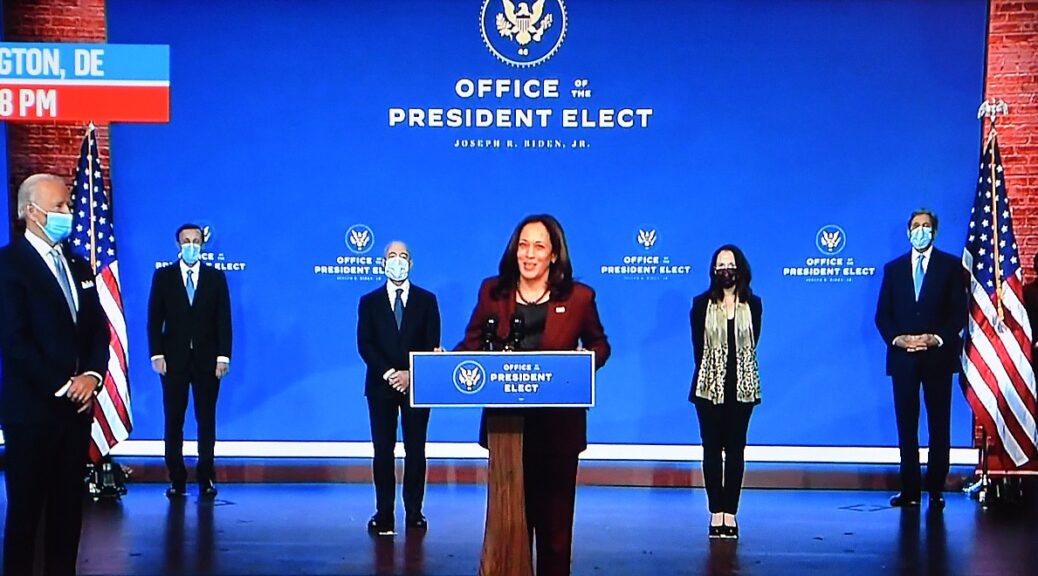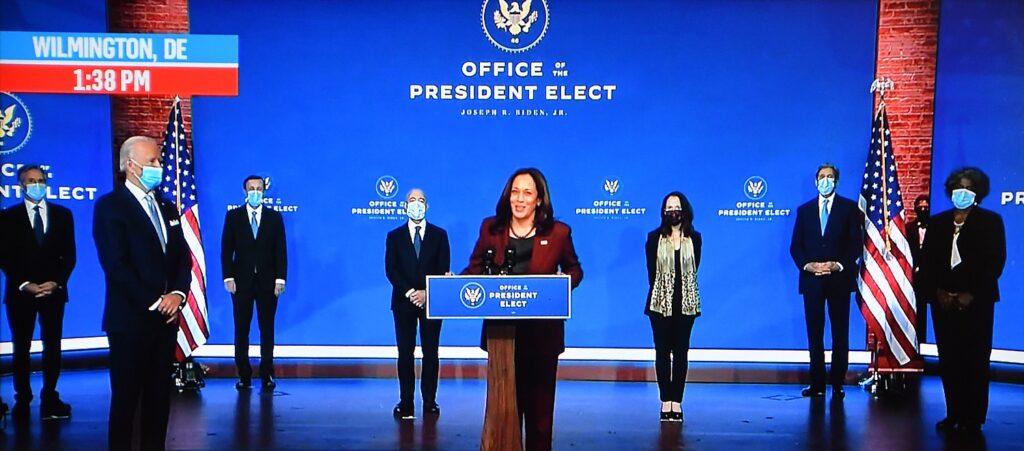At the 2023 G20 Summit in New Delhi, India, President Biden and Prime Minister Modi co-hosted a group of G20 leaders to accelerate investments to scale high-quality infrastructure projects and the development of economic corridors through the Partnership for Global Infrastructure and Investment (PGI).
The meeting of the leaders from the United States, European Union (EU), France, Germany, India, Italy, Japan, Mauritius, the United Arab Emirates, Saudi Arabia, and the World Bank demonstrated the collective urgency to make meaningful progress in narrowing the infrastructure gap in low- and middle-income countries to enable inclusive and sustainable growth and promote economic activity and prosperity.
To further scale this work, the United States will continue to leverage public capital to mobilize private sector investments and collaborate with partners to develop agile and flexible relationships that directly respond to our partners’ needs, laying the groundwork to create more security, prosperity, and opportunities for generations to come.
Across the world, from Asia to Africa to the Western Hemisphere, PGI will continue to build and strengthen coalitions of partners — governments, the private sector, and multilateral development banks — to develop key economic corridors and drive high-quality investments.
President Biden announced a range of new projects to generate economic growth, incentivize new investments, and create quality jobs. They include a landmark India-Middle East-Europe Economic Corridor, as well as a partnership with the European Union to join the United States in supporting the expansion of the Lobito Corridor, and new PGI projects in a range of sectors and across regions.
Developing Key Economic Corridors
Launch of the Landmark India-Middle East-Europe Economic Corridor: Earlier this year, President Biden outlined his vision to develop economic corridors by strategically layering transformative investments across multiple sectors in countries to leverage broader effects of boosting economic development, securing supply chains, and bolstering regional connectivity. Today, the leaders of the United States, India, Saudi Arabia, the United Arab Emirates, France, Germany, Italy and the European Union announced a new India-Middle East-Europe Economic Corridor . The transformative partnership has the potential to usher in a new era of connectivity from Europe to Asia with a railway, linked through ports, connected by the Middle East. This will create novel interconnections to facilitate global trade, expand reliable access to electricity, facilitate clean energy distribution, and strengthen telecommunications links. The founding partners intend to work with international partners and the private sector to:
- Connect India to Europe—linked by a railway line and existing ports through the UAE, Saudi Arabia, Jordan, and Israel—that will generate economic growth while incentivizing new investments and the creation of quality jobs;
- Connect two continents to commercial hubs and facilitate the development and export of clean energy;
- Support existing trade and manufacturing synergies and strengthen food security and supply chains; and
- Link energy grids and telecommunication lines through undersea cables to expand reliable access to electricity, enabling innovation of advanced clean energy technology and connect communities to secure and stable Internet.
Further development of the Lobito Corridor: Since President Biden announced investments to develop the Lobito Corridor in May 2023, the United States and its partners are advancing efforts to support a transparent and developed critical minerals sector that can both diversify the global electric vehicle supply chain and benefit local economies. The Corridor serves as an important economic link connecting both the continent and the Democratic Republic of Congo and Zambia through the Lobito port in Angola. Once transport infrastructure connecting all three countries is fully operational, the Corridor aims to enhance export possibilities, boost the regional circulation of goods, and promote the mobility of citizens. Specific new announcements include:
- Today, the European Union officially teamed up with the United States to support the development of the Corridor, including supporting the African Governments in launching feasibility studies for the construction of a new greenfield rail line expansion from eastern Angola through northern Zambia.
- Together, the United States and the European Union intend to explore cooperation in the areas of transport infrastructure investments; measures to facilitate trade, economic development and transit; and support to related sectors to fuel inclusive and sustainable economic growth and capital investment in Angola, Zambia and Democratic Republic of the Congo in the longer term. Specifically, this includes developing clean energy projects to increase the power supply to surrounding communities, supporting diversified investment in critical minerals and clean energy supply chains, extending digital access, growing agriculture value chains to enhance local food production for the region’s expanding population and to address global food insecurity, as well as augmenting local workforce training, support for small and medium enterprises and economic diversification.
Driving High Quality Transformative Investments Around the World
This G20 event builds on recent PGI investment announcements by President Biden and Vice President Harris, including at the ASEAN Summit and visit to Indonesia, the bilateral meeting with G20 host, India, and travel to Vietnam. In addition to economic corridors, PGI is driving high quality transformative investments around the world across PGI target sectors, including:
Greater Economic Cooperation with India:
- Renewable Energy Generation: U.S. Development Finance Corporation (DFC)’s Board of Directors approved the provision of up to $425 million in financing to TP Solar Limited, a subsidiary of The Tata Power Company Limited, to build and operate a solar photovoltaic cell and module manufacturing facility in Tamil Nadu, India. Pending congressional notification, this investment will support India’s ambitious program to increase renewable energy generation while developing domestic industry to take advantage of the global clean energy transition. DFC’s support of TP Solar will build on previous support for India’s leadership in clean energy and contributes to a more diverse global supply chain for clean energy technology.
- Renewable Infrastructure Fund: India and the United States are also advancing the creation of investment platforms to lower the cost of capital and accelerate the deployment of greenfield renewable energy, battery storage and emerging green technology projects in India. Towards this end, India’s National Investment and Infrastructure Fund and the DFC exchanged letters of intent to each provide up to $500 million to anchor a renewable infrastructure investment fund.
- Diversified Supply Chain for E-Mobility: The United States and India committed to contribute public finance and mobilize philanthropic finance to execute a payment security mechanism that will expand electric mobility in India by accelerating the procurement and deployment of 10,000 electric buses in India, providing extensive climate benefits and diversifying the global e-mobility supply chain.
- Health Manufacturing in India and Making Insulin Accessible Globally: DFC approved an up to $50 million loan to GeneSys Biologics Private Limited (“GeneSys”) to support its construction of a manufacturing facility in Telengana, India, to scale its production of insulin biosimilars by 10X, with the expectation that the biosimilars will be reviewed for approval by the U.S. Food and Drug Administration, as well as equivalent regulators in India and other countries. GeneSys will do drug substance manufacturing in Telangana and has partnered with Civica Rx to do fill-and-finish drug product manufacturing in Virginia. This effort will help to making insulin accessible and affordable in India, the United States, and around the world. The U.S. Department of Health and Human Services’ Biomedical Advanced Research and Development Authority has provided technical support throughout the development of the project.
- 5G Open RAN: The United States and India share a vision of creating secure and trusted telecommunications, resilient supply chains, and enabling global digital inclusion. Further collaboration includes establishing two joint Task Forces on advanced telecommunications, focused on Open RAN and research and development in 5G/6G technologies. Public-private cooperation between vendors and operators will be led by India’s Bharat 6G Alliance and the U.S. Next G Alliance. Both countries are partnering on Open RAN field trials and rollouts, including scaled deployments, with operators and vendors of both markets.
Modern Ports in El Salvador: The U.S. Trade and Development Agency (USTDA) intends to provide a technical assistance grant of $900,000 to El Salvador’s national ports commission to modernize the container terminal at the Port of Acajutla. USTDA’s technical assistance aims to promote operational efficiency, reliability, and safety at El Salvador’s busiest seaport and to provide recommendations for deploying green port and digital technologies to reduce the port’s energy consumption, and decrease air pollution from maritime vessels.
Supply Chains in Mozambique: DFC’s Board of Directors approved the provision of up to $150 million in financing to Twigg Exploration and Mining to fund investments in the company’s graphite mining and processing operation in Balama, Mozambique. Pending congressional notification, this investment will increase production and diversify the global supply chain for graphite which is a critical mineral for a range of clean energy and advanced technology products. DFC’s support will also lead to job creation and investment in local infrastructure while ensuring high environmental and social standards that are essential for responsible mining.
Transportation Systems in the Philippines: USTDA intends to provide grant funding towards a feasibility study to support the Philippines’ Department of Transportation in assessing the viability of developing an expanded vessel traffic management system in the Philippines. As a nation comprised of over 7,000 islands, over 800 commercial ports, and growing vessel traffic activity, the Philippines aims to expand its vessel traffic management system capabilities to cover major ports and navigational paths. The feasibility study will assess the viability of potential implementation at 8 to 10 locations in the Philippines and develop the technical architecture and infrastructure requirements for each location.
Bridge the Gender Digital Divide: During her March 2023 trip to Africa, Vice President Kamala Harris announced the launch of the Women in the Digital Economy Fund (Wi-DEF) by the U.S. Agency for International Development (USAID), in partnership with the Bill & Melinda Gates Foundation with a combined $60 million commitment. Since then, that commitment has leveraged further investment and led to the launch of the Women in the Digital Economy Initiative. This effort will advance digital access and affordability; develop relevant products and tools; provide digital literacy and skills training; promote online safety and security; and invest in sex-disaggregated data and research.
- Since the launch of WiDEF, partners have pledged an additional $11.6 million – $10 million from Microsoft and $1.6 million from the Government of the Republic of Korea.
- Building off of the success of this Fund, USAID is launching the Women in the Digital Economy Initiative which convenes new partners who have pledged over $515 million collectively to help close the gender digital divide. Australia, Canada, Finland, Germany, Japan, Sweden, and the United Kingdom have all pledged their support. In addition, private sector and philanthropic organizations have made contributions, including Amazon Web Services, the Bill & Melinda Gates Foundation, CARE, Citi, G20 EMPOWER India Chapter, the Global Digital Inclusion Partnership, GSMA, the Mastercard Center for Inclusive Growth, Microsoft Corporation, myAgro, Reliance Foundation, Viasat, Visa Foundation, and Visa Inc.

